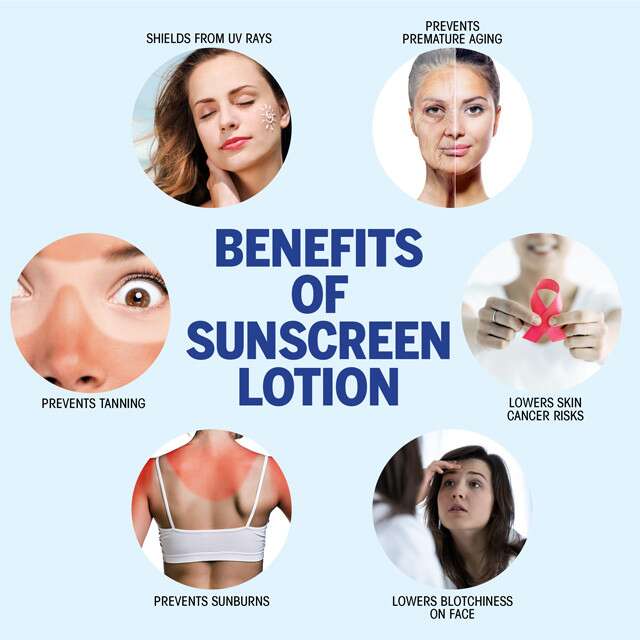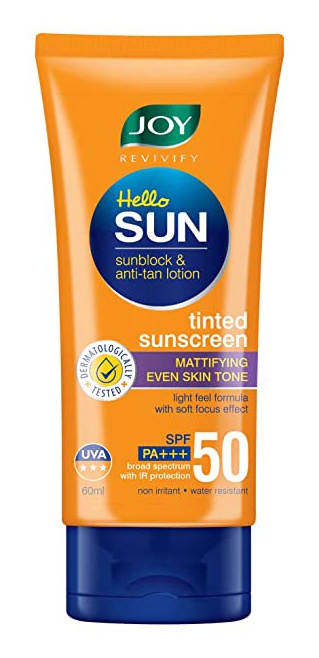What does spf mean on suntan lotion bottles
Menu Contenu
>>> What Does SPF Mean on Suntan Lotion Bottles?
>>> The Importance of SPF in Suntan Lotion
>>> Types of SPF in Suntan Lotion
>>> Common Myths About SPF in Suntan Lotion
>>> How to Effectively Use Sunscreen
>> Conclusion
When it comes to sun protection, the term SPF (Sun Protection Factor) is one of the most commonly seen labels on suntan lotion and sunscreen bottles. But what does SPF really mean, and why is it so important? This article will delve into the meaning of SPF, its significance, the different types available, common myths surrounding it, and how to effectively use sunscreen to protect your skin.
What Does SPF Mean on Suntan Lotion Bottles?
SPF stands for Sun Protection Factor, and it measures the level of protection a sunscreen provides against UVB rays, which are primarily responsible for sunburn and can contribute to skin cancer. The SPF number indicates how much longer you can stay in the sun without getting burned compared to if you were not wearing any sunscreen. For example, if you typically burn after 10 minutes in the sun, using an SPF 30 sunscreen theoretically allows you to stay in the sun for 300 minutes (30 times longer) without burning, although this is a simplified calculation and actual results can vary based on skin type, application amount, and other factorsThe effectiveness of SPF can be summarized as follows:
- SPF 15 blocks about 93% of UVB rays.
- SPF 30 blocks about 97% of UVB rays.
- SPF 50 blocks about 98% of UVB rays.
- SPF 100 blocks about 99% of UVB rays

The Importance of SPF in Suntan Lotion
Using sunscreen with an appropriate SPF is crucial for protecting your skin from the harmful effects of the sun. Regular use of sunscreen can significantly reduce the risk of skin cancers, including melanoma and squamous cell carcinoma. Studies have shown that daily use of SPF 15 sunscreen can lower the risk of developing squamous cell carcinoma by about 40% and melanoma by 50%Moreover, sunscreen helps prevent premature skin aging, such as wrinkles and sunspots, which are often caused by prolonged sun exposure. Dermatologists recommend using a broad-spectrum sunscreen with at least SPF 30 for adequate protection
Types of SPF in Suntan Lotion
Sunscreens can be categorized based on their SPF levels and the type of protection they offer:
- Low SPF (SPF 4-15): These products provide minimal protection and are generally not recommended for prolonged sun exposure.
- Moderate SPF (SPF 15-30): Suitable for everyday use, these sunscreens offer decent protection for short periods in the sun.
- High SPF (SPF 30-50): Recommended for outdoor activities, these sunscreens provide strong protection against UVB rays.
- Very High SPF (SPF 50+): These are often marketed for extreme sun exposure, but it’s important to note that they do not block 100% of UV rays
Sunscreens can also be classified into two main types based on their active ingredients:
- Chemical Sunscreens: These absorb UV radiation and convert it into heat, which is then released from the skin. Common ingredients include avobenzone, octisalate, and octocrylene.
- Physical (Mineral) Sunscreens: These contain active mineral ingredients like zinc oxide or titanium dioxide, which sit on top of the skin and physically block UV rays

Common Myths About SPF in Suntan Lotion
Despite the widespread knowledge about sunscreen, several myths persist that can lead to improper use and inadequate protection. Here are some common misconceptions:
- Myth: Higher SPF means significantly better protection.
- Fact: While higher SPF numbers do block more UVB rays, the difference is marginal. For instance, SPF 30 blocks about 97% of UVB rays, while SPF 100 blocks about 99%. The increase in protection is not as substantial as many believe
- Myth: You don’t need sunscreen on cloudy days.
- Fact: Up to 80% of UV rays can penetrate clouds, so sunscreen is necessary even when it’s overcast
- Myth: Dark skin doesn’t need sunscreen.
- Fact: While darker skin has more melanin, which offers some natural protection, it still can burn and is at risk for skin cancer. Everyone, regardless of skin tone, should use sunscreen
- Myth: Sunscreen is only necessary at the beach or pool.
- Fact: UV rays can damage your skin during everyday activities, such as driving or walking outside, so daily sunscreen use is recommended

How to Effectively Use Sunscreen
To maximize the effectiveness of sunscreen, follow these guidelines:
- Apply Generously: Use about one ounce (a shot glass full) to cover your entire body. Don’t forget areas like your ears, neck, and the tops of your feet.
- Reapply Regularly: Reapply every two hours, or more often if swimming or sweating.
- Choose Broad-Spectrum: Ensure your sunscreen protects against both UVA and UVB rays.
- Check Expiration Dates: Sunscreens can lose their effectiveness over time, so always check the expiration date before use
Conclusion
Understanding SPF and its significance is crucial for effective sun protection. By choosing the right sunscreen, applying it correctly, and debunking common myths, you can significantly reduce your risk of skin damage and skin cancer. Remember, protecting your skin is a lifelong commitment, and using sunscreen is one of the simplest yet most effective ways to care for your skin.For more information on SPF and sun protection, consider visiting reputable sources like the American Academy of Dermatology or the Skin Cancer Foundation.
